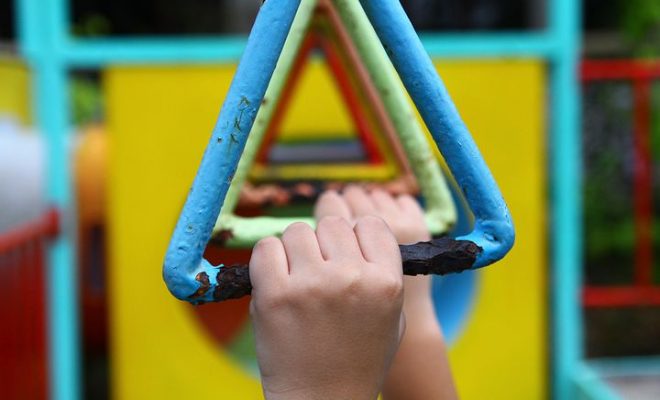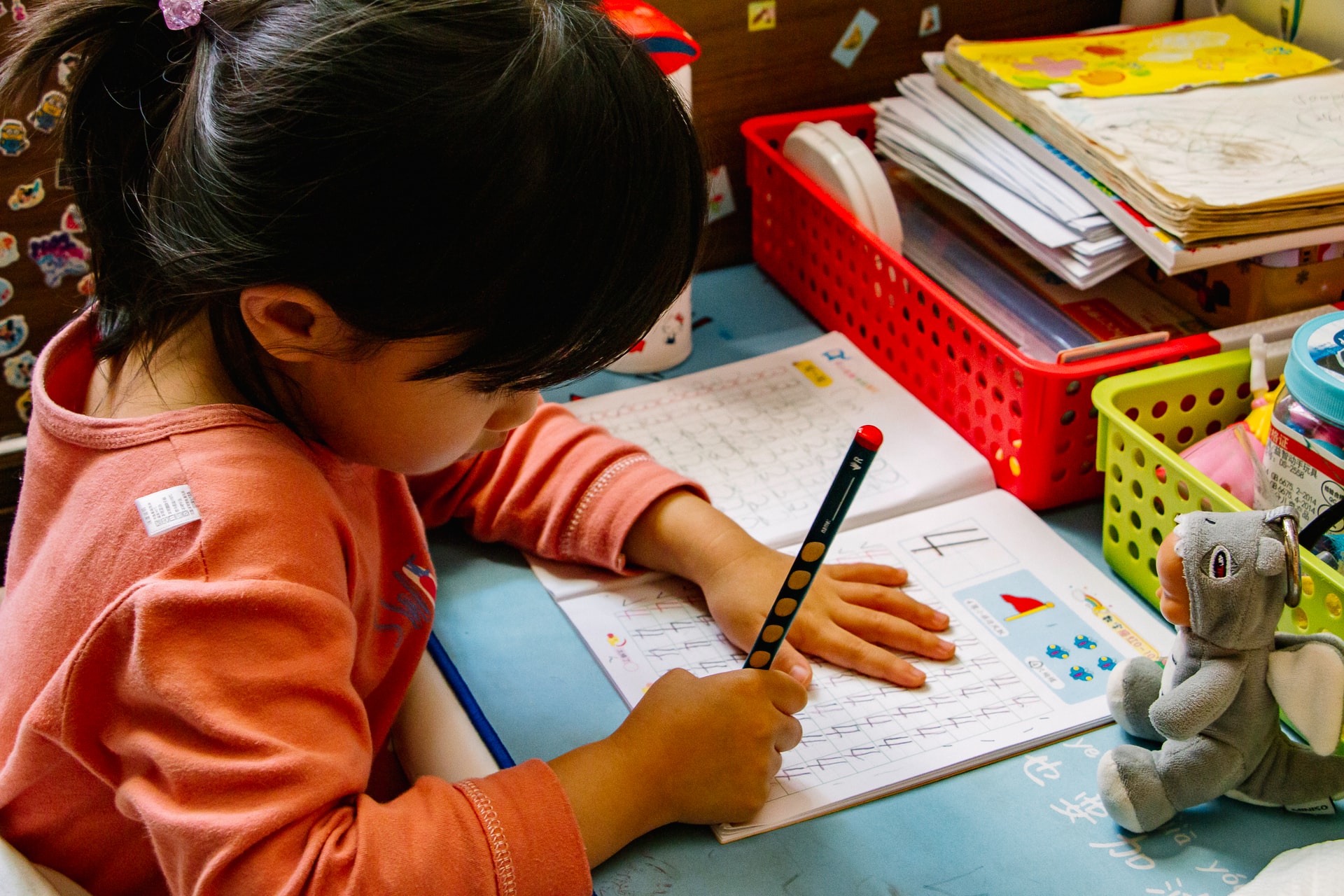Teaching Your Child Athlete to Be a Good Sport

Sports is good for your children in different ways. It improves their physical health, lets them learn vital life skills, and helps them make new friends. But what if they leave the soccer field angrily after losing a game? Can they take a loss sportingly?
Almost 65% of adults believe that sportsmanship is worse at present compared to the past. Instead of just enjoying the game, today’s children are more focused on being praised for netting the winning goal. For parents, helping the children overcome these negative attitudes could be challenging.
If you’re worried about your child’s sportsmanship, you can try teaching them some of these ideas ahead of their next big game.
Motivate Them to Put Their Best Effort
You should encourage your kids to do their best. However, emphasize that it’s okay even if they don’t win, provided they know they had put in their absolute best into the game. To motivate your child to put in the best effort, it’s important to recognize and applaud them for the things they’re doing right. This means giving them a pat on the back or a high five for their team play or hustle even if they don’t win. When you show them what’s actually important during a game, it may motivate them to act similarly to cheer their friends.
Refrain from Publicly Dissecting Your Child’s Game or On-Field Behavior
If your child leaves the field angrily after a game is lost, give them some space to settle down first. This could mean letting them sit for a few minutes inside the car before you talk to them. You can have a better tête-à-tête when the child isn’t fuming. Once the child has calmed down, you should talk about their poor sportsmanship and wrong behavior, and even discuss ways to handle disappointment better in the future. You should remind the child of congratulating the opponents and motivating the home team by praising the players for the things they were exceptionally good at even though they lost the game.
Find Role Models for Your Child
Simply talking about what good sportsmanship entails isn’t enough. Since children often learn the best by imitating their role models, you should find professional players of the game your child plays, who display outstanding sportsmanship and can be your child’s role model. When they have someone they can admire, perhaps their attitude toward victory and defeat could change. You should encourage your child to watch this athlete’s on- and off-field demeanor to identify significant differences between his and your child’s, and brainstorm to find ways the child can show better sportsmanship in the future.
By helping develop your child’s sportsmanship, you can let them develop and nurture a genuine love for their chosen game. When they have the real sportsman spirit, they’ll find it easier and more enjoyable to participate in the sport and make friends. Since sportsmanship can significantly influence all areas of their life, you should ensure you’re putting in a lot of time and effort to teach your child this vital life lesson.






